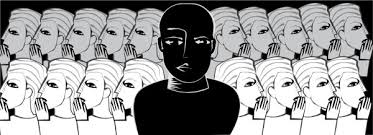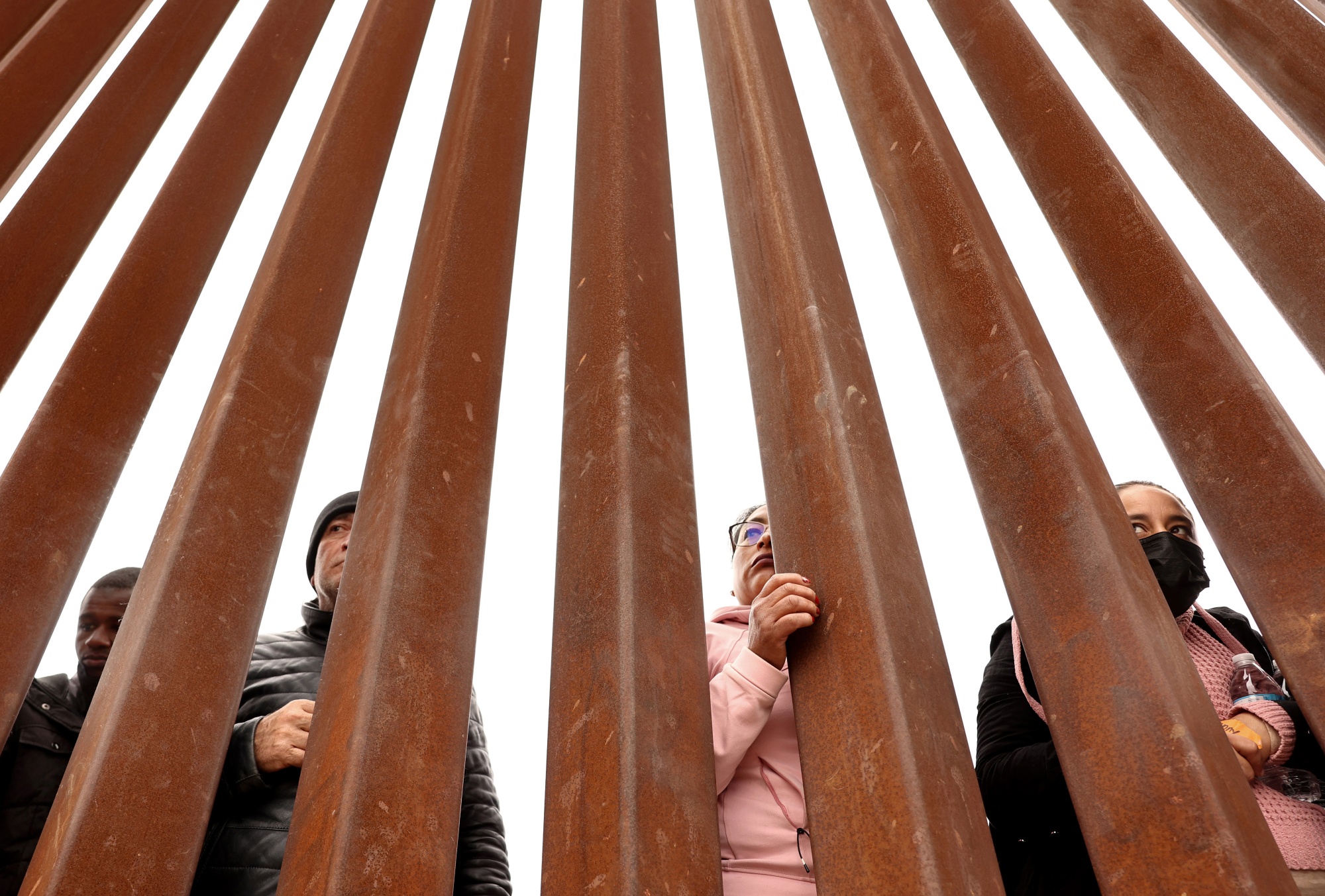
Some More Equal than Others?
A few months ago, a church in Des Moines displayed a big banner on its building that proclaimed, “Black Lives Matter.”
It should be no surprise that in today’s politically charged climate where every statement is viewed from a tribal perspective, the banner elicited backlash. And from all places, it came from the police department, whose spokesman said the banner should have read, “All Lives Matter.”
Of course all lives matter. That’s implicit in “black lives matter.” The intent of the later is to focus on the lives of a group of citizens that historically and currently are less likely to be recognized as mattering. The Congregational church’s pastor said the banner was intended to bring attention to the systematic racism in society that has resulted in, among other things, higher poverty and arrest rates.
Persist in Denying It
I believe it’s hard for a reasonable person of good will to deny the pastor’s claim. Many people, however, persist in denying the existence of racism, in themselves and others. That’s why the U.S. Catholic bishops have just come out with a document called, “Open Wide Our Hearts, The Enduring Call to Love, a Pastoral Letter against Racism.”
Given the current accusations against Catholic clergy, including the cover-up by some bishops of cases of clergy abuse of minors, some may not recognize the moral leadership claimed by the bishops. But there are over 450 Catholic bishops in the U.S. – including active, inactive and retired – and from what I’ve read, fewer than a dozen have been accused of any malfeasance.
And speaking primarily for and to Catholics, the bishops have some important points to make, especially in today’s climate where minorities and people of color are targets of hate.
Calling racism a “particularly destructive and persistent form of evil,” they write that racism “arises when — either consciously or unconsciously — a person holds that his or her own race or ethnicity is superior, and therefore judges persons of other races or ethnicities as inferior and unworthy of equal regard.
“When this conviction or attitude leads individuals or groups to exclude, ridicule, mistreat, or unjustly discriminate against persons on the basis of their race or ethnicity, it is sinful. Racist acts are sinful because they violate justice.”
African-Americans are not the only targets of racism, of course.
“The re-appearance of symbols of hatred, such as nooses and swastikas in public spaces, is a tragic indicator of rising racial and ethnic animus,” the bishops write. “All too often, Hispanics and African Americans, for example, face discrimination in hiring, housing, educational opportunities, and incarceration. Racial profiling frequently targets Hispanics for selective immigration enforcement practices, and African Americans, for suspected criminal activity.
Extremist Nationalist Ideologies
“There is also the growing fear and harassment of persons from majority Muslim countries. Extreme nationalist ideologies are feeding the American public discourse with xenophobic rhetoric that instigates fear against foreigners, immigrants, and refugees.” And let’s not forget anti-Semitism, which is raising its ugly head once again.
Racism, I believe, is endemic to humans. We make so many of our judgments about others on appearance. Minorities and people of color are no exceptions. They often discriminate against each other.
That doesn’t make it right for anybody. People searching for God, especially, should be aware of the evil of racism. The search, after all, isn’t just about acquiring faith but trying to be God-like, the surest way of leading to God.
And, write the bishops, “Every racist act — every such comment, every joke, every disparaging look as a reaction to the color of skin, ethnicity, or place of origin — is a failure to acknowledge another person as a brother or sister, created in the image of God.”





